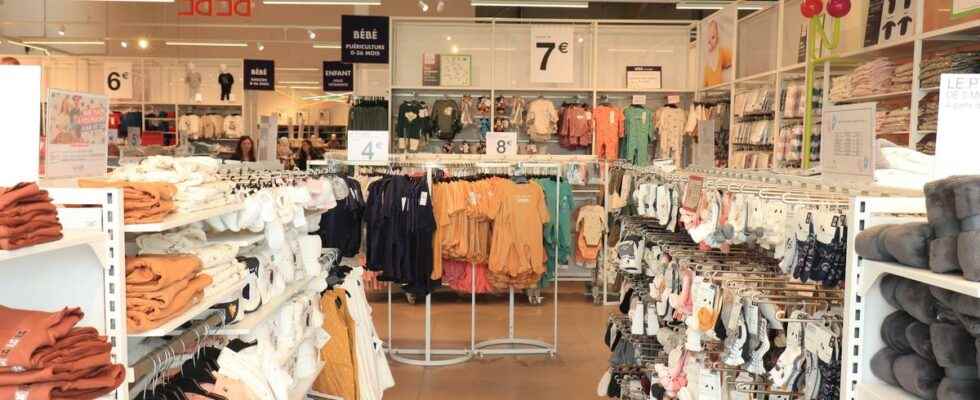Customers have the option of taking out different subscriptions and keeping the borrowed clothes for as long as they wish.
Exit the compulsive purchases that make the dressing rooms explode, make way for the rental of clothes. Kiabi, a heavyweight in the clothing sector in France, is embarking on this new strategy. The goal? “Supporting customers in more responsible consumption“claims the sign.
Already tested in 2021 on the rental of maternity clothes, the device opens “today for the whole family“. It works like a classic subscription with four offers available: five articles for 19 euros per month, ten articles for 29 euros, fifteen articles for 39 euros and twenty articles for 49 euros. No need to bring back borrowed clothes every month, there is nominimum or maximum duration for the rental of an item“says the group. But for the moment, no possibility of buying his favorite garment for rent. Note that to end the subscription, all you have to do is return all the clothes rented in store.
SEE ALSO – Sustainable, ethical and made-to-measure clothing… why sewing is “in” among young people
“A niche market that is testing itself”
Of the SKUs, approximately 98% are included in the rental service, excluding licensed products. Rental on all clothing has been tested since mid-August in a store in Noyelles-Godault (Pas-de-Calais), since the end of September in Pontet near Avignon and in Bègles (Gironde) since the beginning of October. In each contact point, one hundred subscriptions are available. For Adélaïde Vallée, director of new projects at Kiabi, this allows “make life easier for families. Renting is a new way to control your budget while changing outfits whenever you want“.
Read alsoEquipment, clothing… Sales of sporting goods are progressing
“Stores are testing new business models to make this transition to more sustainable fashion, it’s quite recent actually“, observes Yohann Petiot, Director General of the Trade Alliance. He adds that the Kiabi group is not the only one to offer this solution, citing in particular Decathlon or the shoe seller Bocage. However, he indicates that, for the time being, it is “of a niche market that is testing itself“. Some questions remain unanswered, such as the future of clothes returned to stores after a rental.
Kiabi recognizes this, teaches it “still needs to refine his scenarios“. “Three scenarios have been identified: if the item is still labeled (without having been worn), it is put back on sale immediately.If it has been worn and washed, it is set aside and can be resold second-hand. “If the garment has been damaged, it will be recycled or if the defect is minor, it will be stored in the store to complete the test. And depending on the feedback, we will create the adapted circuit“says Adélaïde Vallée. Yohann Petiot also adds that we have to wait and see “if this device is profitable and if it attracts customers“. The first conclusions will be drawn in a year, when the tests will end at Kiabi.
